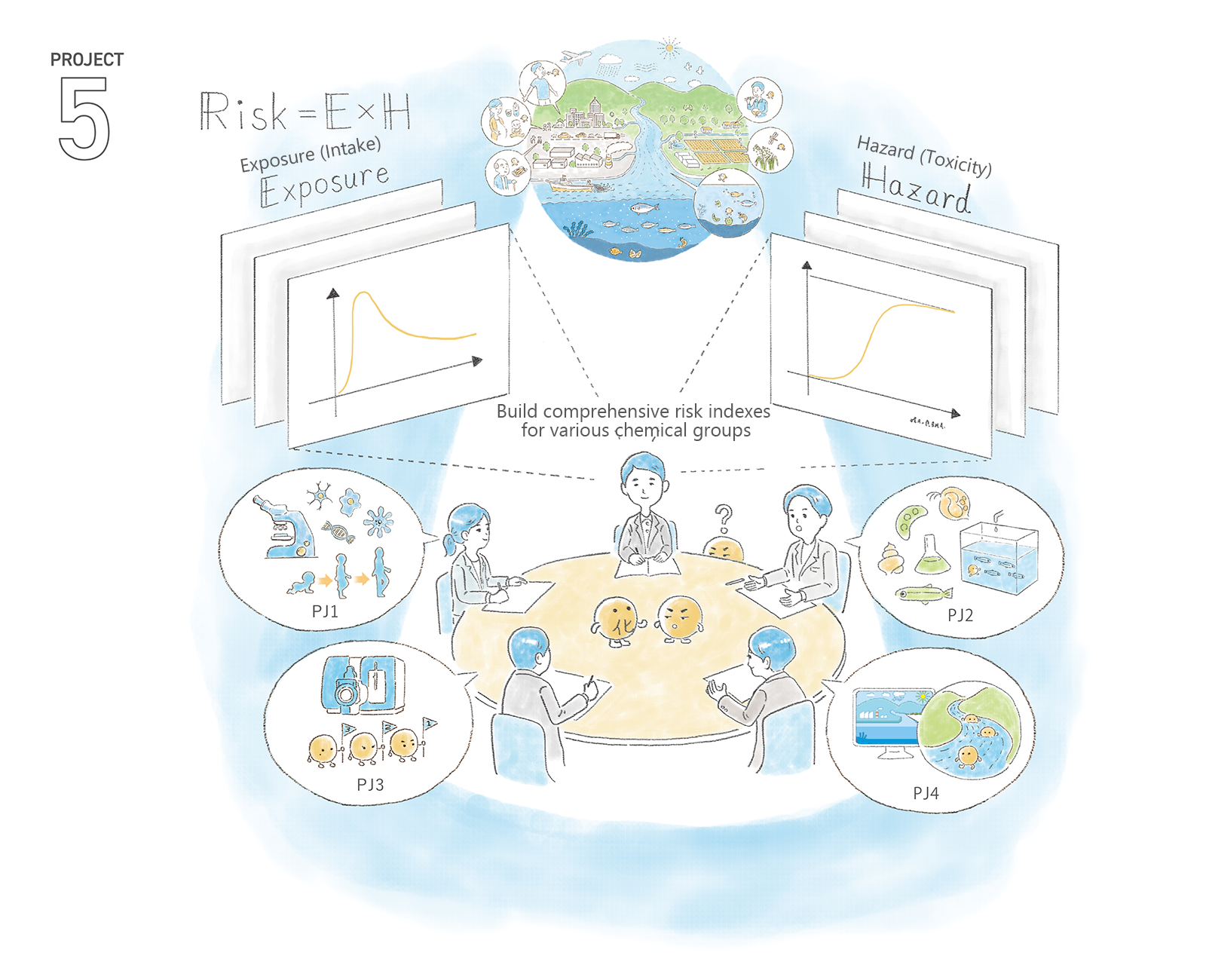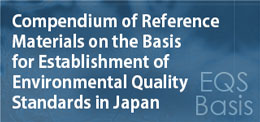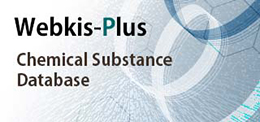PJ5 Comprehensive Risk Indexes Project
Development of comprehensive health risk and ecological risk indexes
This project proposes and develops comprehensive health risk and ecological risk indexes considering factors not currently involved in quantitative risk assessment schemes. The factors include toxic effects that are difficult to assess quantitatively, consideration of vulnerable populations, environmental fate of chemical mixtures and degraded products, and grouping of similar substances. Scientific information and findings from the four other PJ projects are being assembled, and comprehensive risk indexes will be proposed. The outcome of the project is contributing to both domestic and international environmental policies.

Related Information
Compendium of Reference Materials on the Grounds for the Establishment of Environmental Quality Standards
What are the bases for establishing environmental quality standards in Japan?
The environmental quality standards (EQSs) for air, water, soil, and noise have been established and revised by the Ministry of the Environment, Government of Japan. This website collects references regarding the establishment and revision of EQSs and related items such as guideline values. The documents, references, and main texts on this website are written in Japanese, but summaries for each environmental medium will be translated into English.
KAshinhou Tool for Ecotoxicity (KATE)
Prediction tool of a chemical’s aquatic toxicity to fish, daphnid, and algae
KATE is a web application tool that predicts ecotoxicity values to aquatic organisms (fish, water flea (Daphnia magna) and algae) according to "OECD Test Guidelines for Chemicals." The tool is based on quantitative structure-activity relationship (QSAR) models and predicts both acute and chronic ecotoxicity values.
Chemical Substance Database (Webkis-Plus) (in Japanese)
Get comprehensive information on chemical substances by extensive search functions
Webkis-Plus is a website providing comprehensive information relating to environmental risk management. This site contains information on physicochemical properties; regulations (related mainly to environmental pollution); environmental concentrations from surveys; volumes of substances manufactured, imported, or both; volumes of agricultural chemicals shipped to each prefecture; Pollutant Release and Transfer Register (PRTR) emissions and transportation amounts; risk assessment results; and so on.



